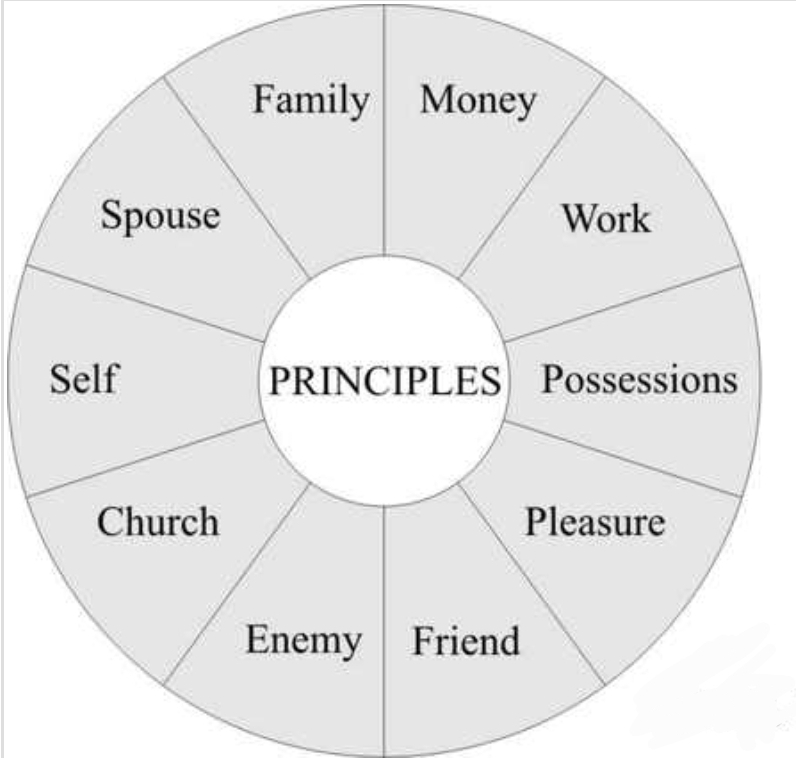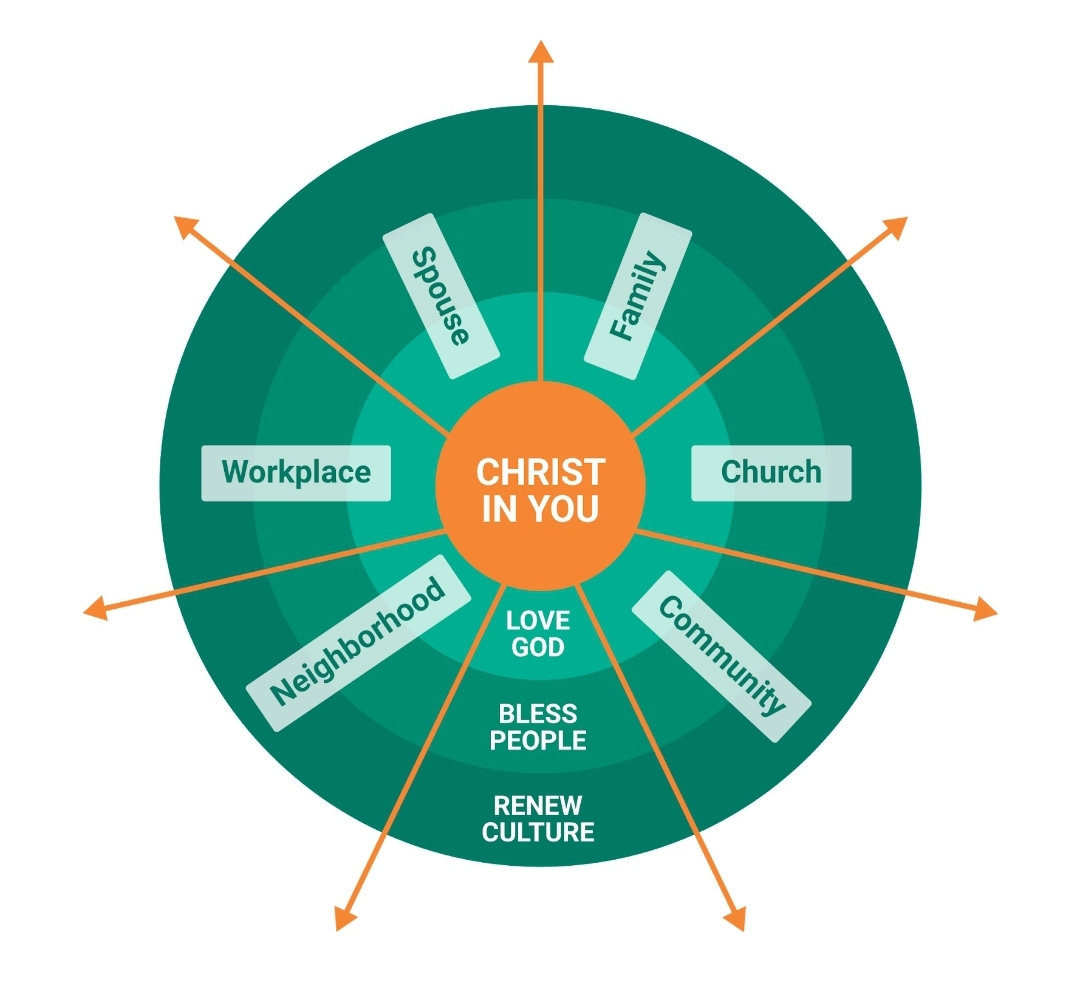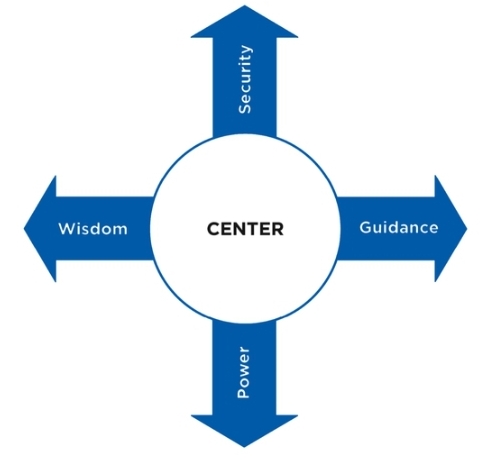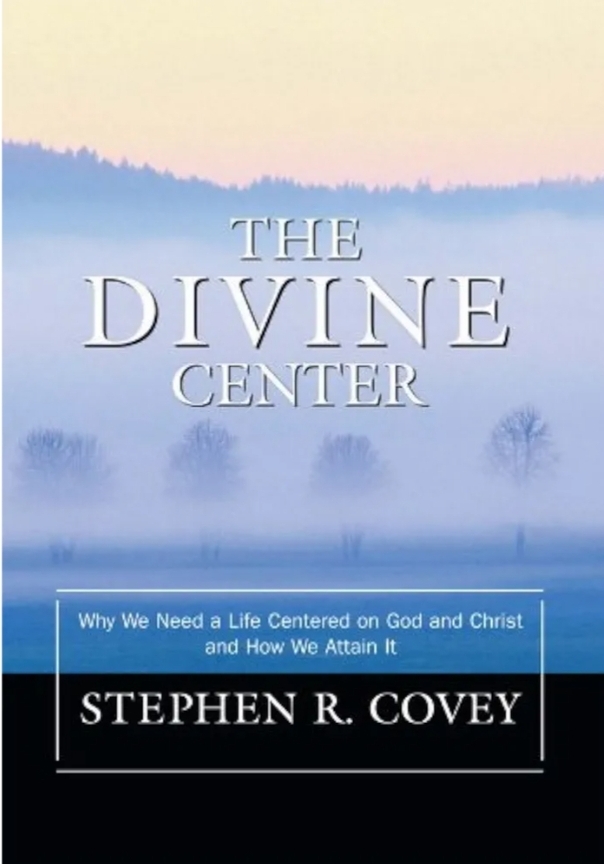“The Divine Center” by Stephen R. Covey is a profound exploration of personal development, spirituality, and the importance of anchoring one’s life in divine principles.
In this book, Covey reflects on how individuals can find true meaning, purpose, and inner peace by centering their lives on spiritual values and principles that transcend materialism and worldly distractions.

Here’s a detailed breakdown of the key themes and insights in the book:
Key Themes and Insights:
The Concept of Centering: One of the central themes of the book is the idea of centering one’s life around something meaningful, stable, and eternal. Covey argues that people tend to center their lives around various things—such as work, family, wealth, fame, or pleasure—but these things are often unstable and can lead to confusion and frustration when they inevitably change or fail. Covey advocates for centering one’s life around divine principles, such as faith, love, and integrity, which provide a solid and unshakable foundation for life.
The Importance of Spirituality: Covey highlights the importance of spirituality in personal growth and success. He argues that a person’s spiritual center gives them the strength and clarity to navigate life’s challenges with wisdom and purpose. By focusing on divine truths, individuals are better able to align their actions with their higher values, which leads to greater fulfillment and peace of mind. Covey emphasizes that spirituality isn’t just about religion; it’s about aligning with higher, universal principles that guide a person’s life.
The Four Dimensions of Human Nature: In “The Divine Center,” Covey introduces the concept of the four dimensions of human nature: physical, mental, emotional, and spiritual. He argues that these four aspects are interconnected and must be nurtured in balance for a person to achieve true success and fulfillment. While physical, mental, and emotional development are important, Covey asserts that the spiritual dimension is the most foundational, as it shapes one’s overall purpose and guides the development of the other dimensions.
- Physical Dimension: Involves taking care of the body through exercise, health, and wellness.
- Mental Dimension: Relates to the development of the mind through education, learning, and the pursuit of knowledge.
- Emotional Dimension: Concerns the management of emotions, relationships, and self-awareness.
- Spiritual Dimension: The foundation of character, integrity, and personal values, often aligned with a person’s sense of higher purpose.
The Role of Principles: Covey emphasizes the role of principles in guiding one’s life and decision-making. According to Covey, principles are universal, timeless, and unchanging truths that provide moral guidance. These principles form the foundation of a divine center and allow individuals to respond to life’s challenges in a way that is consistent with their core values. Covey encourages readers to identify and internalize these principles to guide their actions, whether in personal or professional matters.
Balancing Life’s Demands: In our fast-paced world, people are often pulled in many different directions by responsibilities and demands. Covey discusses the importance of balance in life, particularly in balancing work, family, and personal development. He argues that when one’s life is centered on divine principles, they can find harmony in all areas of their life, without being overly consumed by any one aspect. This balance is key to living a fulfilling and meaningful life.
- Man’s Search for Meaning
- The Pursuit of Meaning: A Detailed Exploration of Habits, Happiness, Dopamine, and Purpose
- God, Family, Country: Our Three Great Loyalties

Living with Integrity: A core concept in “The Divine Center” is living with integrity. Covey stresses that integrity is not just about honesty but about aligning one’s actions with one’s deepest values and principles. When a person’s behavior is consistent with their spiritual center, they experience inner peace and authenticity. Covey asserts that living a life of integrity brings trust and respect from others, as well as self-respect.
The Impact of a Divine Center on Relationships: Covey explores how centering one’s life around divine principles positively impacts relationships. When individuals are grounded in spiritual values, they are able to approach relationships with love, compassion, and understanding. They are less likely to be reactive or driven by fear and more likely to make decisions that nurture and strengthen their relationships, whether with family, friends, or colleagues.
Building Character: According to Covey, building strong character is a key outcome of having a divine center. Character is the reflection of a person’s values, beliefs, and principles. Covey stresses that character is developed through daily choices and the continuous alignment of one’s actions with their highest ideals. A divine center provides the guidance necessary to make those choices, even in the face of challenges or temptations.
The Role of Faith: Faith is a central theme in “The Divine Center,” where Covey discusses how having faith in a higher power can guide a person through difficult times. He believes that faith is essential to personal growth and fulfillment because it helps individuals to trust that there is a greater plan for their lives, one that will unfold with time and effort. Covey suggests that faith in divine principles provides the resilience and hope needed to overcome adversity.
The Pursuit of Purpose: Finally, Covey emphasizes the importance of living with purpose. Having a divine center helps individuals discover their true purpose in life, which can be aligned with their spiritual values. This purpose serves as a compass, providing direction and meaning to their decisions, actions, and relationships. Covey argues that without purpose, people often feel adrift, but when they are centered on their divine calling, they can live with clarity and intention.

Conclusion:
“The Divine Center” offers profound insights into the importance of anchoring one’s life in spiritual values and principles. Stephen R. Covey’s message is clear: by centering our lives around divine truths, we are better able to navigate the complexities of life, find balance, and build meaningful relationships. The book calls on readers to recognize the importance of spirituality and integrity in their personal and professional lives and to align their actions with their higher purpose. Covey provides a roadmap for achieving a life of peace, fulfillment, and success, grounded in the enduring power of principles and faith.








